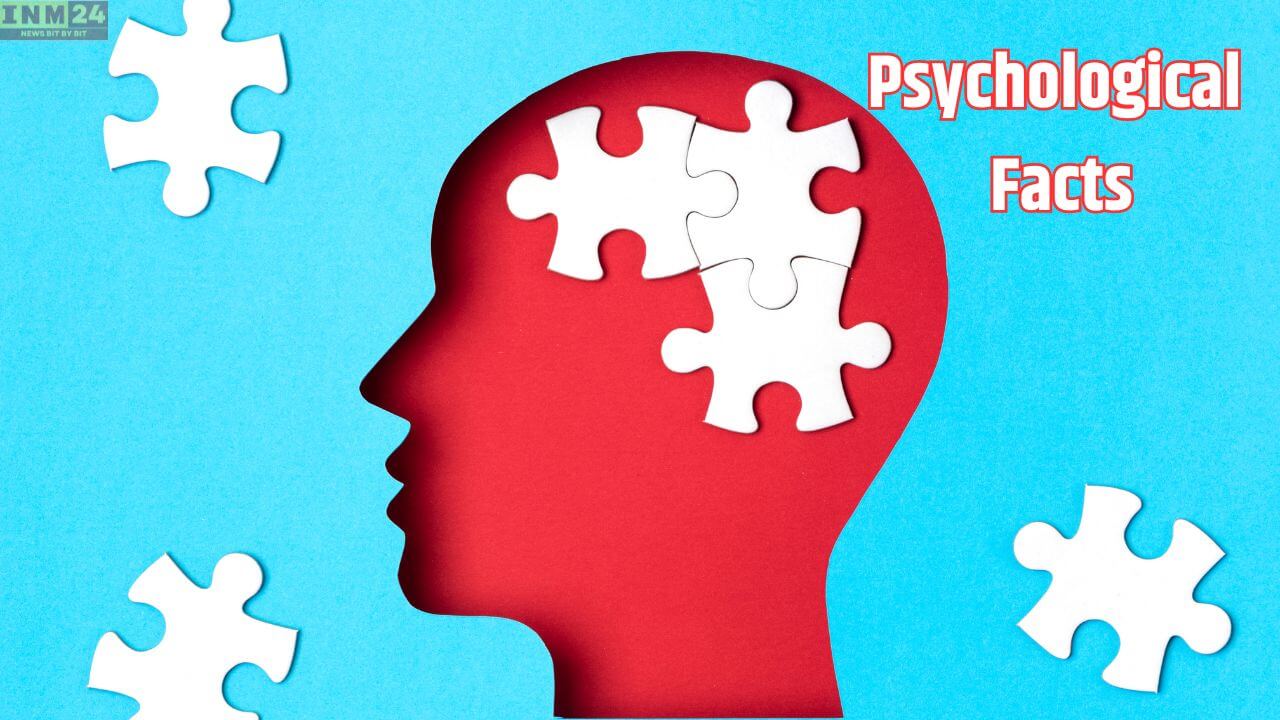Students often wonder how learning can be applied in real life. To truly feel inspired, one must be aware of the immediate benefits of what they are learning. While long-term benefits may hold value in various aspects, an essential psychological fact is that human nature is driven for rapid gratification.
Psychology: The Study of Human Behavior and Mental Processes
Psychology is a disciplined study delving into human behavior, mental processes, and mental health. It holds significant utility in education, research, and social services. Psychologists explore human behavior through various means, including laboratory studies, social observations, and leadership experiments. Within these studies, fascinating psychological facts often emerge, shedding light on the process of learning and teaching.
Psychological Insights into Learning
- Limitations of Information Processing: People tend to avoid displaying or studying more information than necessary. They aim for the minimum effort to achieve a goal. Students prefer acquiring essential knowledge quickly, particularly in the era of e-learning. Our minds are structured to either focus intensely on limited data or absorb it in a diluted form. Providing excessive information to individuals might make them less imaginative, less skilled, and less capable of making intelligent decisions.
- Retention and Focus: Notably, the brain has a limit to how much data it can comprehend at once or retain. When a piece of informational content reaches the brain and is appropriately focused upon, long-term memory stores it, associating it with relevant information. The concepts that align are grouped together, making it easier for individuals to understand and remember.
- Individual Learning Styles: Each person has a unique learning style. Some excel in science and mathematics but struggle in English or arts, while others grasp concepts better through writing and reading. Observing others, learning through written material, or engaging in analytical learning suits different individuals. Recognizing one’s learning style is crucial for effective learning.
- Continuous Learning: The human education system is based on local practice and assumption. One of the vital psychological facts is that understanding something and maintaining it throughout life is nearly impossible. In our fast-paced business and technology-driven world, this essential element of education often goes unnoticed. Knowledge fades rapidly if not continuously reinforced and practiced.
Understanding how our brains process and retain information is crucial in education. Providing students with more information than necessary makes the learning process complex. The capacity of the mind to process and retain information is finite. Recognizing individual learning styles and incorporating continuous learning strategies can significantly impact the effectiveness of education. Balancing the need for knowledge with the practical aspects of learning is essential for a comprehensive and sustainable educational experience.
